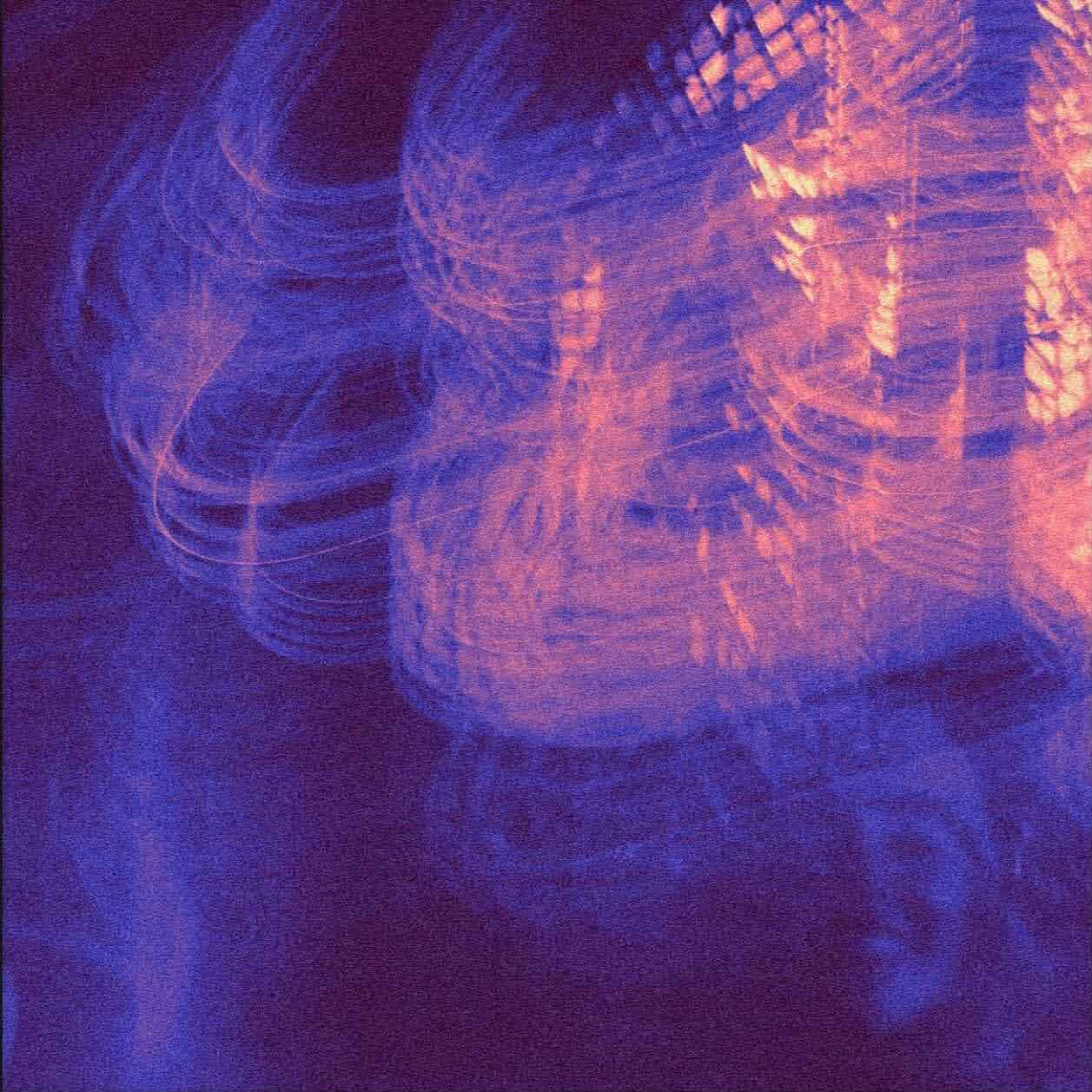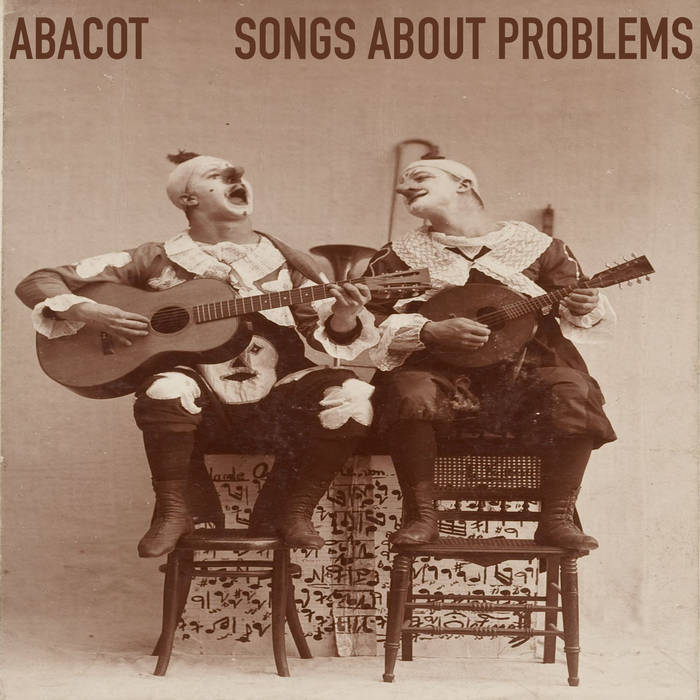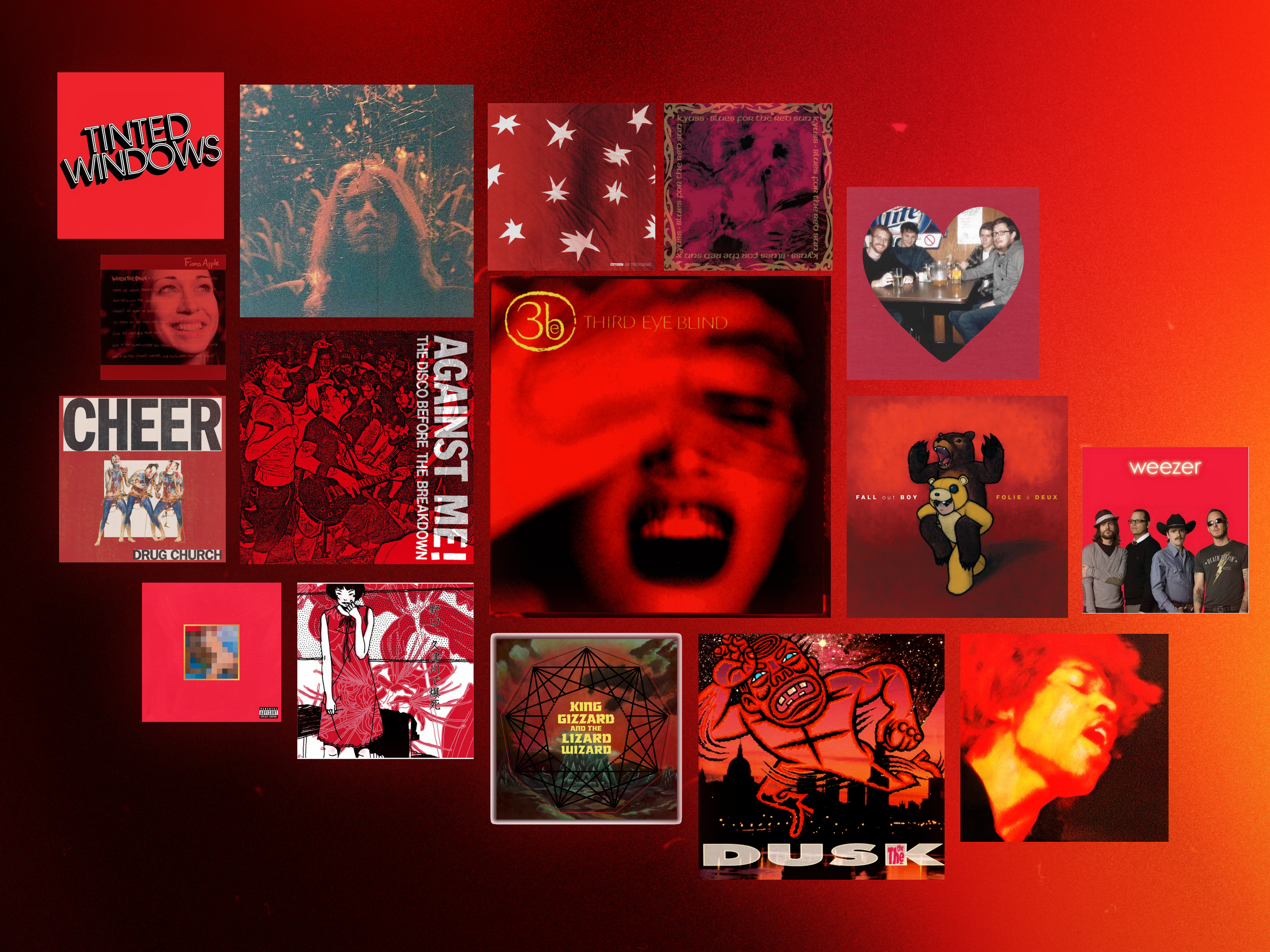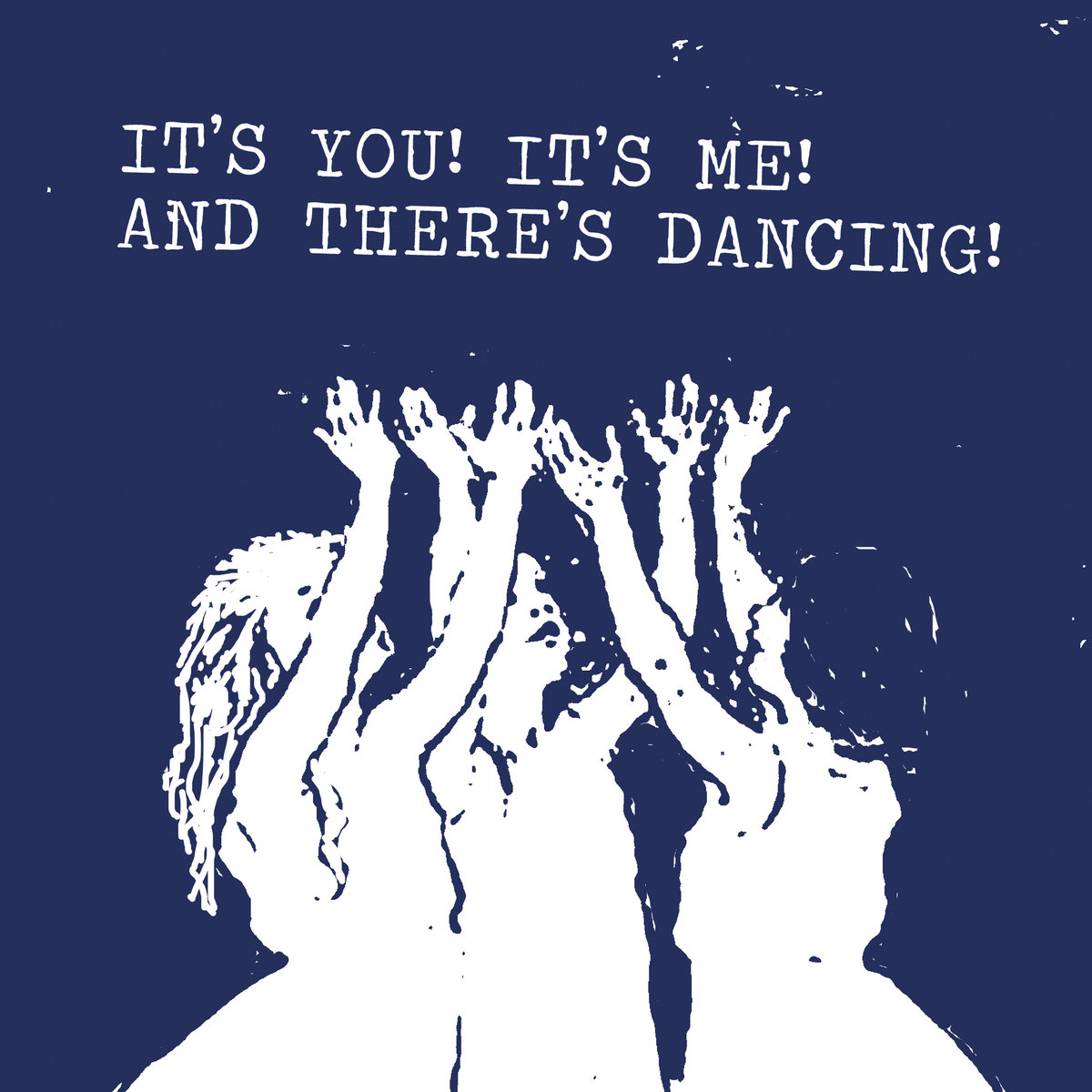Lil Aaron is The Internet's Last Hope
/A bit of a sequel to my recent write-up on the 2017 Soundcloud scene, this post is a markedly more positive look at an artist who is using the same path blazed by trap musicians to create something wholly unique on his own terms.
While the hair-dyed “mumble rap” scene of 2016 paved the way for an unrelenting crop of new artists like XXXtentacion and Lil Pump, it also built a framework that allowed for the emergence of new artists who were able to use the same sound and take it a step further. The anthesis of these aggressive bass-abusing rappers is a long-haired dude named Lil Aaron. Described as one of the music industry’s “best kept (and weirdest) secrets,” Aaron is a 23-year-old rapper from Indiana who grew up with an omnivorous appetite for music. With a diet consisting of equal parts hip-hop and rock, Aaron’s music is the product of two decades of careful study and appreciation. He is the result of unrestrained internet access and becoming musically-conscious in an era where T-Pain and Outkast were as prevalent as Taking Back Sunday and Blink-182.
In 2017, those genre-based barriers are lower than ever, and Lil Aaron has spent the last year building a musical playground in which all sounds are treated equally. He isn’t making the same blown-out trap centered around adrenaline-inducing primordial chants, but he uses many of the same techniques as the Soundcloud rapper greats. From song topics, terms, and cultural idioms, even down to the dyed hair, Aaron takes the traditional signposts of the genre and plays with them until they’re barely recognizable. What emerges is a Das Racist-esque parody that shows immense appreciation for the scene while simultaneously deconstructing the tropes as he’s using them. It’s mercilessly poking fun at the genre in the way that only an insider can, all while making one-of-a-kind music in the process.
103°
I first became aware of Lil Aaron’s existence while browsing the Twitter-sphere on a particularly hot 103° day in Portland. I’d spend the day writing in my backyard, sweating it out and listening to Lana Del Rey in between submitting vaguely-flippant job applications. I’d put in a surprisingly hard days work and figured some mindless Twitter scrolling was a suitable reward.
I stumbled across a video that power user @belatweets2u had retweeted featuring a big white dude with green hair dancing and the caption “im a hot topic.” I’ll admit I was intrigued (and ready to hate it), but I clicked on the video anyway, mainly in an attempt to figure out how this played into my go-to high school clothing shop. When I expanded the video, I heard the unmistakable sounds of Panic! At the Disco’s ”I Write Sins Not Tragedies” and was taken aback.
I had to look away from the phone and catch my breath just to make sure I was hearing this right. To say I was perplexed would be an understatement. I hadn’t listened to the song in years, but the song’s instantly-recognizable opening notes took me back to middle school instantly. The 2005-era orchestral plucks were accompanied by Aaron’s alternating “ayyy’s” and “yeah’s” in between the song’s quickly-plucked pizzicato strings. His ad-libbed additions were on-beat and, while incongruous, fit in eerily well with the song’s original overwrought emo context. As the song’s eighth measure hit, right as you’re expecting Brendon Urie’s vocals to enter at their familiar spot, a catastrophic bass blast enters the mix accompanied by Aaron’s auto tune-drenched voice singing “I’m a Hot topic, yeah.”
I was smitten.
im a hot topic pic.twitter.com/xd4qRS9lIQ
— LIL AARON (@lilaaron911) August 3, 2017
He continued to dance, sing, and ad-lib along with his Disco-infused trap song, and within seconds everything fell into place. It was an instantly-endearing mix of modern trap stylings and middle school nostalgia that melted my heart and made me a fan within the space of a single 37-second Twitter video.
Further Down
From there, I sought out Lil Aaron’s Soundcloud and played his most recent song “Warped Tour” which takes the same approach as “Hot Topic,” this time sampling Paramore’s megahit “Misery Business” for another trap-inspired anthem. Within the song, Aaron toys with a common trap idiom by making a direct comparison between his bands (stacks of money) and the number of bands playing Warped Tour. In the time it’s taken me to write this, he’s since released “Top 8” which samples Fall Out Boy’s “Sugar We’re Goin Down” and acts as a loving, nostalgic ode to MySpace using the name of the site’s notorious friend-ranking feature as a springboard for wordplay which leads to the line “give me top, aye.”
It’s an incredible mixing of genres, sounds, terminology, and humor that I never would have thought possible given all the time in the world. Most of the tracks follow a similar format: lure the listener into a sense of familiarity with the original sample, throw them a curveball with a leaned-out trap chorus, sandwich a quick verse in the middle, repeat the chorus, then end. It makes for a brief but compelling listen that doesn’t overstay its welcome or wear out the novelty. And as short as these songs are, Aaron has since (perhaps jokingly) promised he’s working on “making his songs even shorter.” Brevity is the soul of wit, and Aaron is crafting a song structure that’s unmistakable and all his own.
You’d think the crossover between decade-old emo pop and modern trap wouldn’t be a very wide Venn diagram, but it turns out Aaron’s audience is surprisingly vast. It seems that many other listeners have experienced similar twists and turns in their journey of music discovery. Aaron is uncovering a built-in audience of fans that share a single touchpoint and cultivating a relationship with them as he continues to add onto it. With songs that routinely get hundreds of thousands of plays on Soundcloud and cosigns from Chief Keef, Slim Jxmmi, Bella Thorne, and even Kylie Jenner, Aaron’s audience is massive and only growing.
I’m glad the internet has allowed for artists like Lil Aaron to flourish. It’s such an audacious combination of genres (one that would have never found success or even life in the traditional music industry), and I’m glad that it exists. The ability for an artist to put something out into the universe and have it find an audience is one of the beautiful benefits of living in 2017.
He doesn’t fit perfectly into a box, but that’s fine, he’s not for everybody, and that’s the upside to our ever-splintering media landscape. In an interview with Pigeons and Planes Aaron addresses freedom:
“That’s what’s cool—with the Internet and where we are with media and technology, you don’t have to be selected by people in power to be successful in the music industry. Anywhere I am right now, I did all by myself.”
It’s absolute, unbridled freedom. The ability to mash two disparate sounds together and see what comes of it. Your audience will find you eventually, sometimes you just have to create and see what happens next. As Aaron revs up to drop his next emo-infused track “IWGFU” I find myself anticipating his every move and anxiously awaiting the inevitable collection of trappy-pop-punk bangers. Here’s to innovation, and a long, weird career. Here’s to Lil Aaron.





